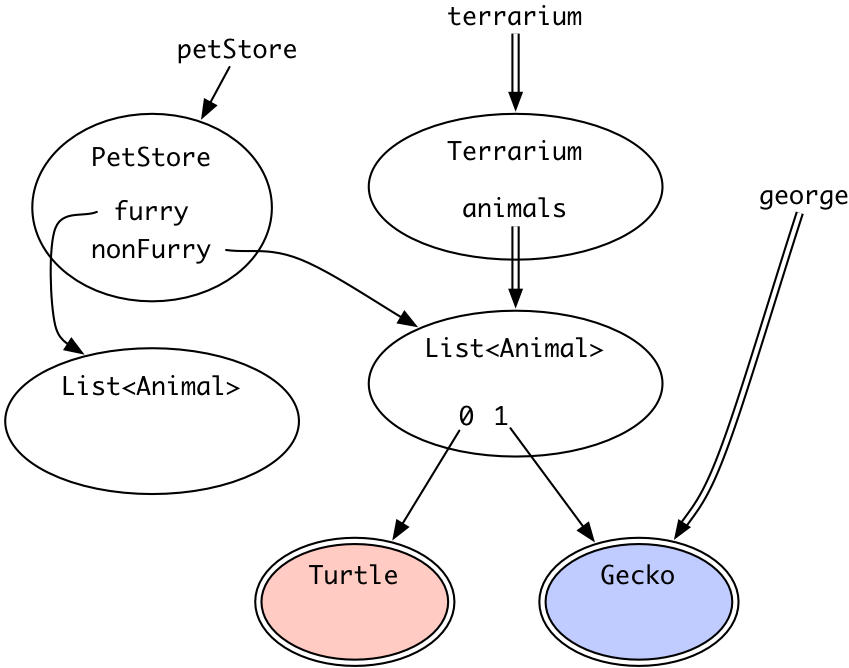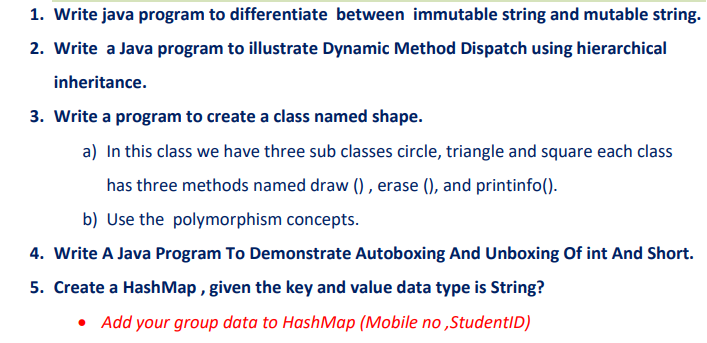Why Are Strings Immutable in Java? Insights into Memory Performance
Why Are Strings Immutable in Java? Insights into Memory Performance
Blog Article
What Is Immutable Strings and Exactly How It Functions
In the realm of programs, comprehending the idea of immutable strings is vital for developing secure and robust applications. Immutable strings refer to strings that can not be modified after they are created, ensuring information stability and predictability within the code. This fundamental principle plays a crucial role in numerous shows languages and supplies a distinct technique to handling data. By checking out the ins and outs of how immutable strings operate, one can uncover a world of benefits and possibilities that can elevate the high quality and efficiency of software program advancement.
The Essentials of Immutable Strings
Immutable strings, as a fundamental concept in shows, are character series that can not be transformed as soon as they are created. This indicates that when a string is assigned a value, that worth can not be changed. In languages like Python and Java, strings are immutable things, causing numerous effects in regards to memory management and information integrity.
One of the vital benefits of immutable strings is that they supply a sense of safety and security in information adjustment. Given that the web content of an unalterable string can not be modified, it guarantees that the original information remains intact, decreasing the danger of unintentional adjustments during program execution (Why are strings immutable in Java?). This residential or commercial property additionally streamlines debugging procedures, as designers can trust that as soon as a string is specified, its value will not be inadvertently altered
Furthermore, immutable strings promote efficient memory use. When a new string is created based upon an existing one, instead of modifying the initial string, the brand-new value is saved separately. This technique boosts efficiency by lowering memory fragmentation and streamlining memory allocation processes. In general, understanding the basics of immutable strings is important for mastering programs concepts and optimizing code performance.
Benefits of Immutable Strings
Building upon the safety and security and performance advantages of unalterable strings, their benefits expand to improving code reliability and simplifying simultaneous shows jobs. By being unalterable, strings can not be modified after production, which removes the risk of unintentional adjustments in the data they keep. This fundamental immutability makes sure that once a string is developed, its worth continues to be constant throughout the program's execution, reducing the opportunities of bugs triggered by unexpected changes.
In addition, unalterable strings contribute to code reliability by making it simpler to reason concerning the state of a program. Considering that strings can not be transformed, designers can trust that a string will constantly hold the very same worth, simplifying debugging and upkeep efforts. This predictability causes more reputable and steady codebases.

Execution in Shows Languages
Within various shows languages, the incorporation of unalterable strings is an essential aspect that influences how data is handled and controlled within code frameworks. The implementation of unalterable strings varies across various programs languages, with each language offering its very own systems to support this idea.

In contrast, languages like C and C++ do not have built-in support for unalterable strings. Designers in these languages must by hand implement immutability by enforcing policies within their code to stop straight alterations to string things.
Finest Practices for Working With Unalterable Strings
When taking care of immutable strings in programming languages like Java and Python, sticking to best methods makes sure protected and effective data control. Among the key ideal practices is to make use of StringBuilder or StringBuffer rather of straight adjusting strings, particularly when handling substantial concatenation operations. These classes offer mutable alternatives for string control, assisting to prevent unnecessary memory appropriations and improving efficiency.
An additional finest technique is to use string interpolation or formatting works given by the language rather than hand-operated concatenation. This not only enhances readability however additionally help in preventing usual Going Here risks such as unintended string modifications. Additionally, when dealing with sensitive data such as passwords or API tricks, it is critical to stay clear of keeping them as plain text in unalterable strings. Using secure storage space devices like char arrays or specialized libraries for handling delicate info helps alleviate safety and security dangers related to immutable strings.
Real-world Applications and Instances
Discovering functional applications of immutable strings in various sectors exposes their considerable influence on data honesty and system reliability. In the medical care field, unalterable strings play a crucial function in guaranteeing the safety and security and discretion of client data. By avoiding unauthorized alterations to delicate details such as medical records and prescriptions, unalterable strings aid preserve compliance with stringent personal privacy laws like HIPAA.
Financial organizations likewise profit from the unalterable nature of strings to boost the safety and security of client data and deal records. Unalterable strings assist protect against scams and unapproved changes to monetary info, providing a robust protection versus cyber dangers and making certain the count on and confidence of clients.

Conclusion
To conclude, immutable strings are taken care of and unchangeable sequences of characters that supply advantages such as string safety and improved efficiency in shows. They are applied in different programs languages to make certain data honesty and security. Best techniques for functioning with immutable strings Bonuses consist of preventing direct modifications and using approaches that return new string things. Real-world applications of unalterable strings include information encryption, caching, and string manipulation jobs.
Immutable strings refer to strings that can not be modified after they are created, guaranteeing information stability and predictability within the code. When a brand-new string is created based on an existing one, rather than modifying the initial string, the brand-new value is saved separately.In languages like Java and Python, strings are unalterable by default, indicating that when a string things is created, its value can not be altered - Why are strings immutable in Java?. Best great site practices for functioning with unalterable strings include staying clear of direct alterations and utilizing methods that return brand-new string items. Real-world applications of unalterable strings consist of information file encryption, caching, and string manipulation jobs
Report this page